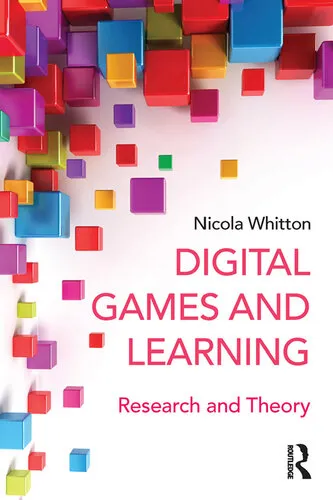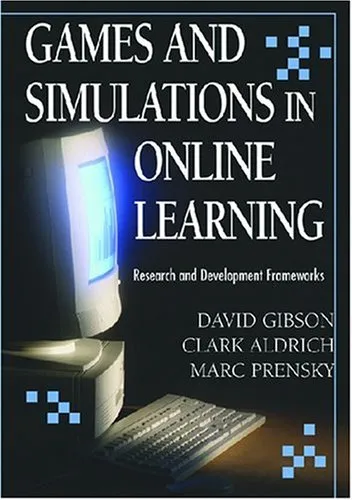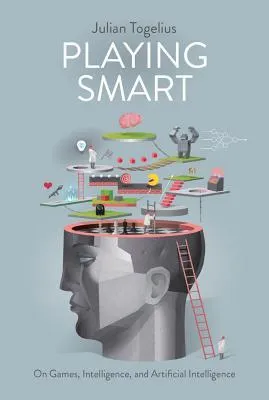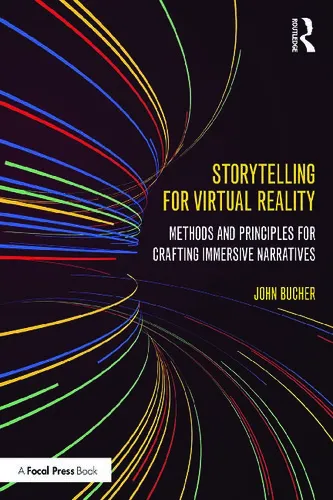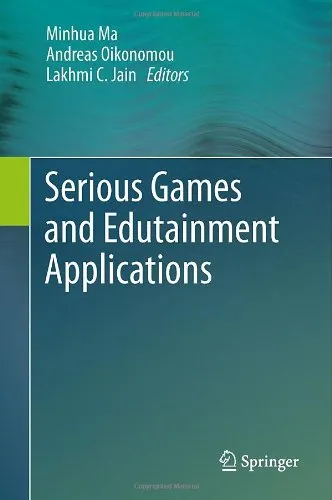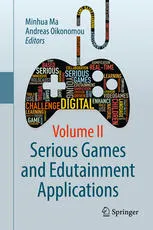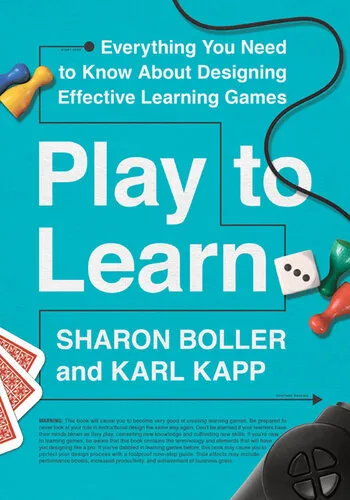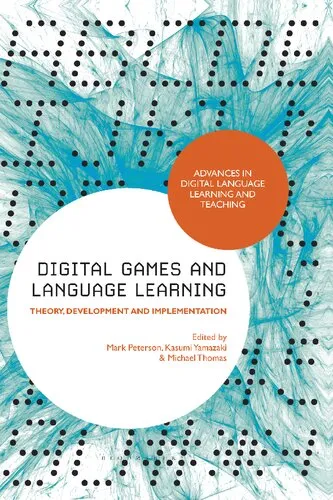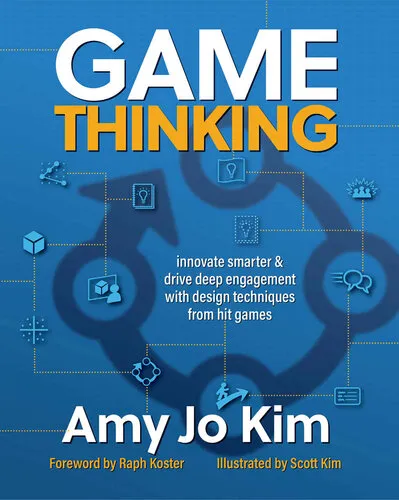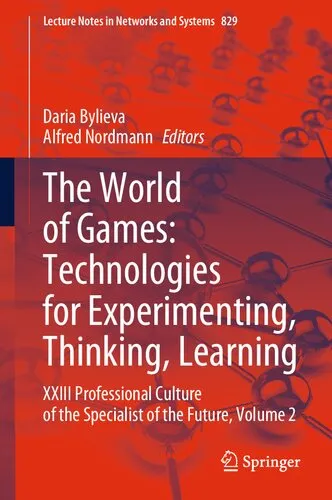Digital Games and Learning: Research and Theory
4.0
Reviews from our users

You Can Ask your questions from this book's AI after Login
Each download or ask from book AI costs 2 points. To earn more free points, please visit the Points Guide Page and complete some valuable actions.Related Refrences:
Introduction to "Digital Games and Learning: Research and Theory"
Understanding the educational potential of digital games is an ever-evolving pursuit in modern learning theory. "Digital Games and Learning: Research and Theory" provides an in-depth exploration of the intersection of game-based learning, educational research, and theoretical foundations. Authored with a focus on both scholarly inquiry and practical application, this book offers insights for educators, researchers, and anyone intrigued by how digital games can transform learning experiences.
Detailed Summary of the Book
The book delves into the transformative power of digital games in education, positioning them not merely as tools for engagement but as robust environments for critical thinking, experimentation, and knowledge construction. It examines the sociocultural, cognitive, and pedagogical frameworks that underpin the design and functionality of digital games in various learning contexts.
Starting with the historical emergence of digital games as educational tools, the book outlines their evolution and growing influence in formal and informal educational settings. It highlights how games cater to diverse learning styles and incorporate storytelling, interactive problem-solving, and adaptive feedback mechanisms. The text also discusses the motivation and engagement factors intrinsic to games, making them such an effective medium for learning.
From theoretical perspectives like constructivism and situated learning to more contemporary takes on game-based pedagogy, the book argues for a fundamental rethinking of traditional educational practices. Real-world applications are abundantly explored, with case studies illustrating how games foster collaborative learning, systems thinking, and immersive participation. In addition, the book critically addresses the challenges and misconceptions surrounding this methodology, from issues of accessibility to ethical concerns in gamification.
Key Takeaways
- Digital games are powerful tools to foster engagement, creativity, and problem-solving skills in learners.
- Educational research validates the cognitive and socio-emotional benefits of well-designed digital games in pedagogy.
- Theories like constructivism and situated cognition provide critical insights into why and how games impact learning.
- Practical examples in the book demonstrate how games can bridge disciplinary boundaries and promote 21st-century learning skills.
- The book emphasizes the importance of designing ethical, inclusive, and accessible game-based learning environments.
Famous Quotes from the Book
"Digital games are not merely tools for distraction; they are virtual spaces where learners can safely experiment, fail, and iterate their understanding of the world."
"The power of games lies not in their entertainment value alone, but in their ability to create meaningful experiences that engage and empower learners."
"To integrate games successfully into education, we must move beyond the surface allure of gamification and focus on their potential for deep, transformative learning."
Why This Book Matters
As technology continues to shape every facet of modern society, education cannot afford to lag behind. "Digital Games and Learning: Research and Theory" breaks new ground by advocating for the integration of games as a core component of 21st-century pedagogy. This is not just another book about gamification or edutainment—it is a comprehensive exploration of what makes digital games uniquely suited for learning in today’s interconnected, globalized world.
The insights shared in the book hold significant implications for educators who wish to reach learners in ways that resonate with their digital lives. It challenges educators to rethink traditional methods, encouraging them to embrace innovative tools that foster critical thinking, creativity, and collaboration. Equally relevant to policymakers and developers, the book lays the theoretical groundwork necessary for creating educational experiences that are as meaningful as they are effective.
Ultimately, the book is an invitation to imagine an educational future that leverages the full potential of digital games. Through careful research, logical argumentation, and creative vision, "Digital Games and Learning: Research and Theory" remains an essential resource for anyone passionate about transforming education for the better.
Free Direct Download
You Can Download this book after Login
Accessing books through legal platforms and public libraries not only supports the rights of authors and publishers but also contributes to the sustainability of reading culture. Before downloading, please take a moment to consider these options.
Find this book on other platforms:
WorldCat helps you find books in libraries worldwide.
See ratings, reviews, and discussions on Goodreads.
Find and buy rare or used books on AbeBooks.
1455
بازدید4.0
امتیاز0
نظر98%
رضایتReviews:
4.0
Based on 0 users review
Questions & Answers
Ask questions about this book or help others by answering
No questions yet. Be the first to ask!
